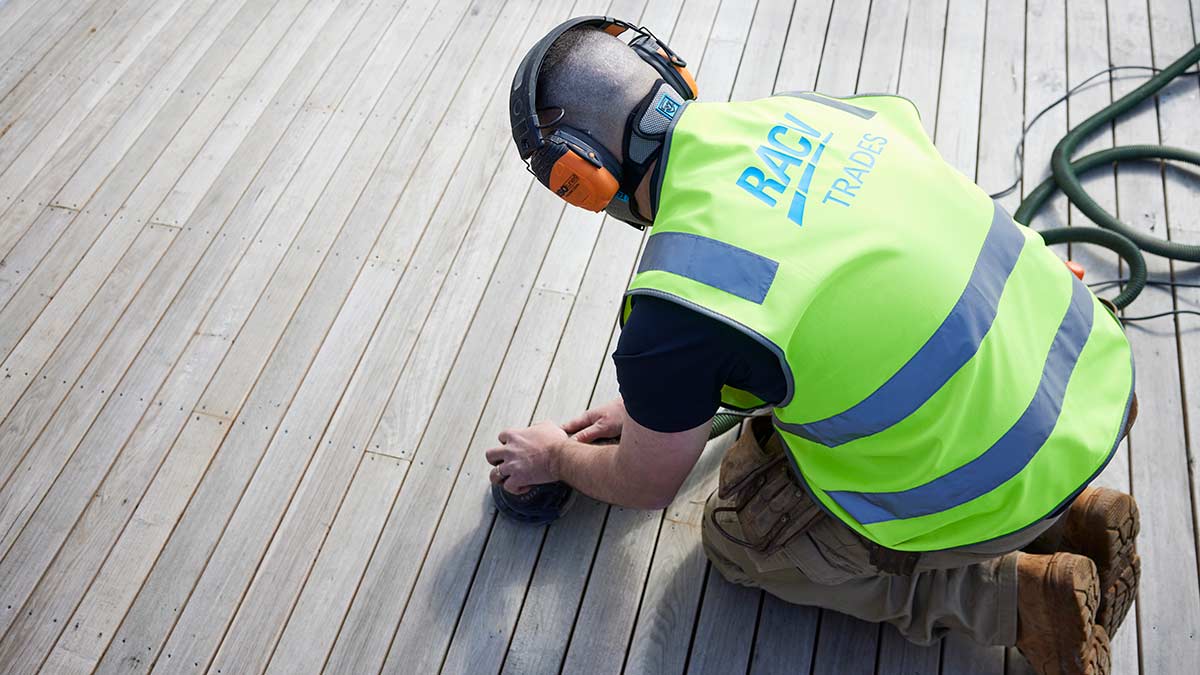Educate yourself on these common but easy-to-miss home maintenance problems, and what to do if they arise in your home.
10 home maintenance jobs to tackle in autumn

Follow this autumn home maintenance checklist to help ensure your house stays warm, dry and safe during winter.
Autumn is prime time for home maintenance jobs that will help protect your home against inclement weather. RACV’s trade training manager Andy Anderson says RACV Emergency Home Assist experiences a significant increase in callouts during autumn for issues that are largely preventable.
Last autumn, RACV Trades attended more than 13,000 callouts between 1 March and 31 May for home emergencies. The most common problems were blocked pipes, damaged gas heaters and burst taps.
Sealing draughts, pruning your trees and checking your smoke alarms are some easy tasks worth undertaking. For other jobs that can be risky, such as cleaning gutters and servicing your heater, consider getting an expert tradie.
Need to fix a leak or blockage at home?
- How to unclog a sink in your home
- How to unclog a dishwasher
- 7 things not to pour down your sink or drain
- 14 things you should never flush down the toilet
- How to prevent water damage in your home
- Guide to house roof leaks, repairs, maintenance and reroofing
- How to find a water leak in your home in common spots
- What to do when a pipe bursts or you have a water leak
Autumn home maintenance checklist

Examining any decks and balconies for damage, as well as resealing timbers, helps keep your home in good condition before winter hits.

Don't risk your heating breaking during winter. Get it serviced during autumn while the weather is milder.


